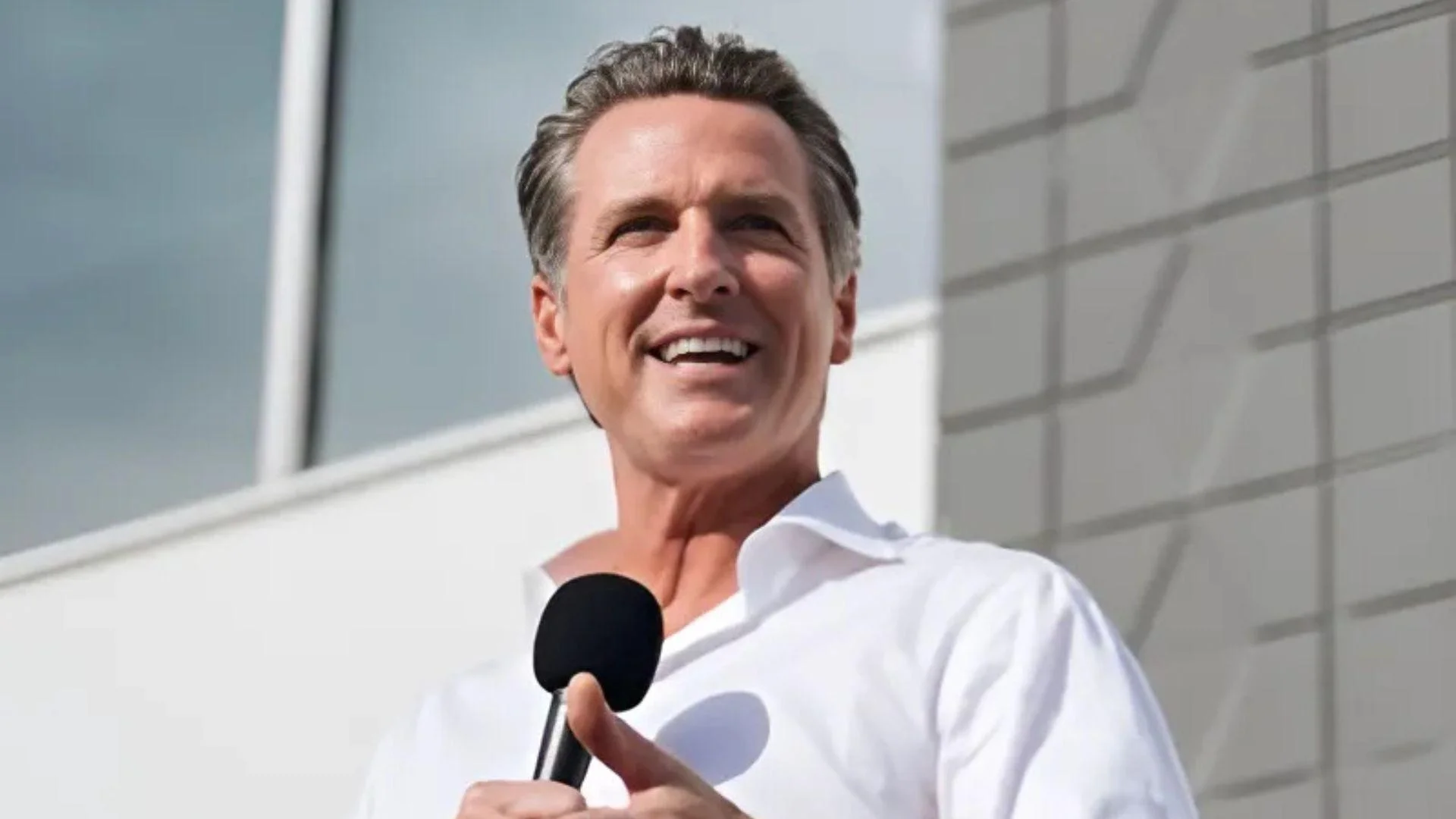Gavin Newsom, governor of California, announced in a press release that the state has reached a historic agreement between workers and businesses. He expressed support for Assembly Bill 1340 (AB 1340) and Senate Bill 371 (SB 371), which enable collective bargaining rights for rideshare drivers.
"This is a historic agreement between workers and business that only California could deliver," said Gavin Christopher Newsom. "Labor and industry sat down together, worked through their differences, and found common ground that will empower hundreds of thousands of drivers while making rideshare more affordable for millions of Californians. It's proof that California can do big things, tackle tough issues, and improve peoples' lives."
According to AP News, the combined effect of AB 1340 and SB 371 is expected to reshape the lives of more than 800,000 rideshare drivers across California by granting them collective bargaining rights while retaining their independent contractor status. This model is seen as unprecedented in scope. The insurance reform component—lowering required minimums from $1 million to $60,000 per individual and $300,000 per incident—aims to reduce operating costs for Uber and Lyft and lower fares, addressing affordability concerns for millions of riders. Together, these measures illustrate a rare convergence of labor advocacy and cost relief for consumers.
With SB 371 backed by Uber and Lyft, the state plans to lower required insurance coverage—from $1 million to $60,000 per individual and $300,000 per incident. Drivers anticipate this will reduce platform costs and lower fares for riders without sacrificing financial viability.
This legislative initiative positions California as a pioneer in gig-economy regulation. It carves out a nuanced policy path that neither fully reclassifies gig workers as employees nor leaves them entirely unprotected. The approach emphasizes collective bargaining and affordability, signaling to other states that progressive reform in the gig space can come from labor-industry collaboration rather than adversarial legal battles. The outcome may influence national discourse on worker rights and regulatory strategies in tech-driven sectors.
Newsom is the 40th governor of California, serving since 2019 after previously holding office as lieutenant governor (2011–2019) and mayor of San Francisco (2004–2011). Born in San Francisco in 1967, he overcame severe dyslexia and graduated from Santa Clara University with a degree in political science.


